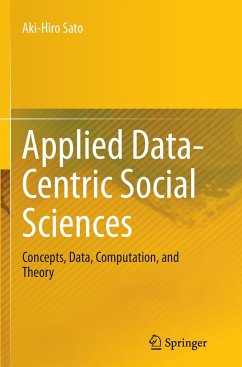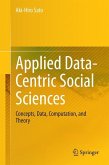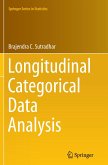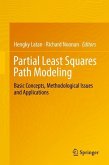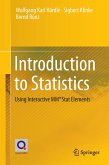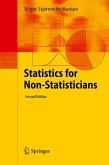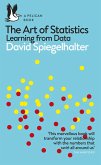Applied data-centric social sciences aim to develop both methodology and practical applications of various fields of social sciences and businesses with rich data. Specifically, in the social sciences, a vast amount of data on human activities may be useful for understanding collective human nature. In this book, the author introduces several mathematical techniques for handling a huge volume of data and analysing collective human behaviour. The book is constructed from data-oriented investigation, with mathematical methods and expressions used for dealing with data for several specific problems. The fundamental philosophy underlying the book is that both mathematical and physical concepts are determined by the purposes of data analysis. This philosophy is shown throughout exemplar studies of several fields in socio-economic systems. From a data-centric point of view, the author proposes a concept that may change people's minds and cause them to start thinking from the basis of data. Several goals underlie the chapters of the book. The first is to describe mathematical and statistical methods for data analysis, and toward that end the author delineates methods with actual data in each chapter. The second is to find a cyber-physical link between data and data-generating mechanisms, as data are always provided by some kind of data-generating process in the real world. The third goal is to provide an impetus for the concepts and methodology set forth in this book to be applied to socio-economic systems.
Bitte wählen Sie Ihr Anliegen aus.
Rechnungen
Retourenschein anfordern
Bestellstatus
Storno

